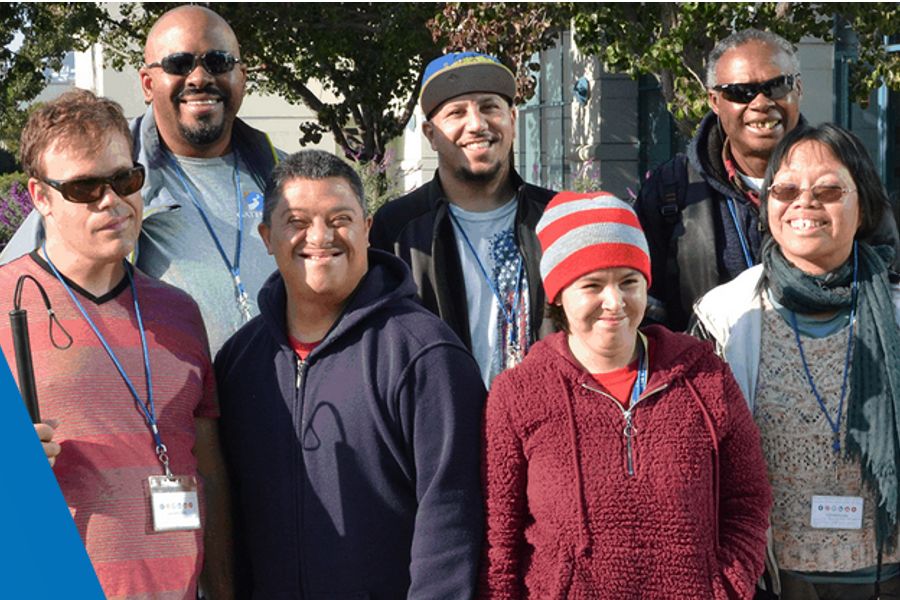About
Our Mission
Empower people with special needs to achieve their full potential through innovative, inclusive programs and community partnerships.
Our Vision
A world where people of all abilities are fully accepted, respected, and included.
AbilityPath Auxiliary Mission
Since 1950, the AbilityPath Auxiliary has supported children and adults with special needs through the programs and services of AbilityPath. The Auxiliary strives to encourage and enhance personal growth in those we serve by providing financial support to AbilityPath and volunteering at special events.
Diversity, Equity, and Inclusion
Our mission to accept, respect, and include people of all abilities extends to every member of our community. As an organization, we are committed to the lifelong process of diversity, equity and inclusion (DEI) learning and application as we continue to build a more inclusive culture, where everyone plays a role in advancing DEI and has opportunities to represent themselves authentically. We aspire to use our advocacy to challenge ableism and all corresponding systems of privilege and oppression through our programs and services. We will always have work to do, and we look forward to doing it Together!
AbilityPath recognizes that systems of privilege and oppression impact our community – from our partners, to staff, to the children, adults, and families we support. As we work to challenge and disrupt ableism in our DEI journey, we know that our approach must also be intersectional because the United States of America is shaped by white supremacy and other “isms” (colonialism, classism, anti-trans and anti-LGBTQ+ sexism, etc.).
“Ableism is connected to all our struggles because it undergirds notions of whose bodies are considered valuable, desirable and disposable.” – Mia Mingus, disabled activist and educator
Diversity, Equity, and Inclusion practices begin with our mission. We are working towards full inclusion for all marginalized groups through:
- Annual DEI goal-setting in each of our departments, with specific action items and projects to complete throughout the fiscal year.
- Dedicated spaces for DEI education and application (ie. monthly DEI Alliance meetings, monthly sub-group meetings and quarterly trainings/workshops)
- Ongoing partnerships with external DEI educators and leaders to advance and broaden the vision of inclusion in our classrooms, workplace, and community.
- Established Employee Resource Groups (ERGs) to support affinity-based community building, retention, engagement and learning for staff members.
Programs


